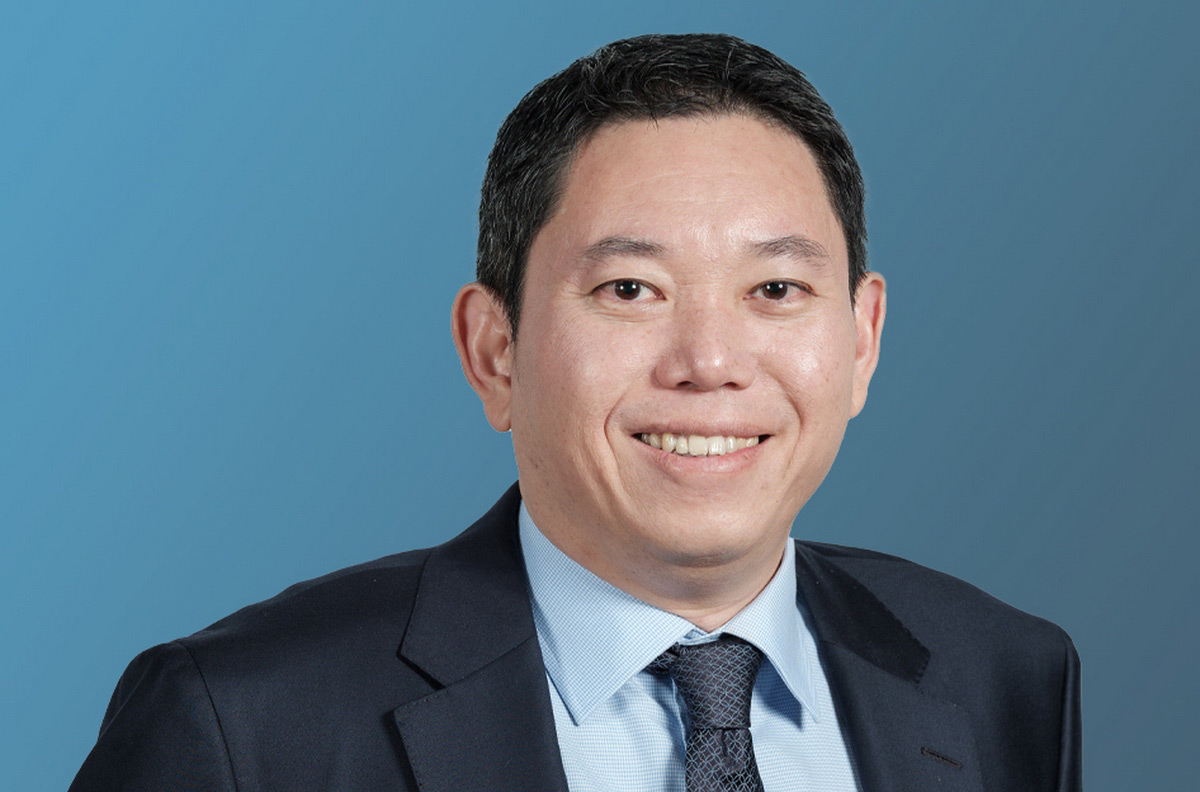November 3, 2021
China’s new personal information privacy law (PIPL) becomes effective today, 1 November 2021. It significantly alters the regional and global privacy landscape, and its significance will likely be more apparent after having read this article. The readiness anxiety generated by the impending effectiveness of the GDPR in May 2018 seems fairly recent. The GDPR caused a flurry of activity to ensure compliance with this European regulation, with extraterritorial effect and an unpredictable global impact. Like the GDPR, the PIPL is also extraterritorial and there is likely a significant amount of PIPL-covered personal information throughout Asia, not to mention everywhere else. Since becoming effective, we have witnessed some enormous GDPR fines levied against transgressors. In July 2021, Luxembourg fined Amazon €746 million in relation to cookie consent issues and in 2020 France also fined Amazon €35 million in relation to cookie consents. Cookies relate to how Amazon collects and shares personal information. Consent must be freely given. Ireland fined WhatsApp €225 million in relation to issues related to allegedly forced consents and sharing personal data with third parties. For those organizations in Asia and elsewhere that have had limited exposure to the GDPR, there will be a steep learning curve with respect to the PIPL. It is extraterritorial and appears to be almost as expansive as the GDPR. If you do business in China, then you are likely subject to the PIPL. Organizations that provide products and services or separately monitor the behavior of people in China, regardless of whether they are in the PRC, are subject to the PIPL. The PIPL’s fines and penalties regime of up to 5%... November 3, 2021
Suparerk Auychai has been appointed as Allen & Overy’s managing partner for Bangkok, effective November 1, 2021. He is taking over from Stephen Jaggs, who has held the position for two consecutive terms since 2013, and will remain as head of the firm’s banking and projects practice in Bangkok. Thai-law qualified, Auychai specializes in M&A, capital markets, corporate finance and securities-related law, and has more than 25 years of experience advising clients in Thailand. “Having been with Allen & Overy since 2007, I have seen the office go from strength to strength. We have built a market-leading practice advising international companies investing in Thailand, and a growing number of Thai companies on their cross-border transactions. I look forward to leading a diverse, high-performing team that not only works hard to innovate for our clients, but also works equally hard in supporting our local NGO clients through our pro bono efforts,” said Auychai. Jaggs added, “since opening our Bangkok office 23 years ago, we now have over 65 staff, including 35 lawyers covering banking, projects, corporate and capital markets, many of whom are dual qualified. Our Bangkok office is an integral part of our wider ASEAN network, and has become a hub for our work across Myanmar, Laos and Cambodia advising on market-leading transactions. I’m excited for Auychai to build on what has been a very successful growth trajectory for the Bangkok office over the last two... September 30, 2021
As a banking lawyer of rather too many years, and having seen the light and moved into the exciting world of ‘new law’ a few years ago, I recognized that these two seemingly distinct worlds could collide and generate new solutions for our clients. My early consulting work focused heavily on the in-house operating models of global banks. Unsurprisingly, much in-house resource was focused on enabling transactional work. However, consistent themes emerged: private practice mentality, unarticulated risk appetite, lack of clarity on instructing and working with external lawyers, silos – inconsistency between teams; inconsistency between business lines; inconsistency between products; inconsistency between locations, limited deployment of technology, senior teams in expensive locations etc. While these teams were deemed front line business critical and not the natural contenders for change it was clear that improvements in the model would yield significant efficiency gains. We have seen changes emerging in the market often centered around the establishment of transaction negotiation functions potentially alongside a level of automation, most often developed in-house but less often considered candidates for external management/ outsourcing, unlike less core lower value commercial contracts work or specific simple contract types such as NDAs. However, driven by increasing focus on cost and a pro-active approach to risk, we are seeing transformation initiatives in transactional banking accelerate and other models emerge. These models often involve partnering with an external provider to deliver an end-to-end transaction solution and can provide a number of benefits, including: a scalable solution that may develop from a proof of concept around a particular loan type but then deliver value by incorporating quickly further loan types... September 29, 2021
A new era for large scale project delivery? Brett Aubin, Konexo Head of Projects, analyzes the trend of decentralizing traditional management… We have all adjusted to the world that COVID has wrought. Some of these adjustments have been existential – I think here of the lockdowns and the impacts on health, education and hospitality. Other adjustments though have been more nuanced and carry just enough of the “old world” in them that we are lulled into overlooking how they have changed our behavior. I think here of having to wear a face mask and how this has increased awkwardness in our social interactions. In the professional domain, I would suggest that the wholesale delivery of projects from home is another example of where nuanced adjustments in behavior, have begun to manifest. The ‘projects’ focus in early March 2020 was characterized by a ‘can do’ attitude. There was a scramble to do things like source extra laptops, reinforce home cyber security and think through productivity monitoring. And although this was a little bumpy, nothing felt beyond the wit of common sense and determination. Without time to think or complain, we transitioned into a fully remote way of working. It was late Autumn though when one of our clients started to talk to us about nuanced behaviors within their larger project teams and follow-up conversations with our broader client base confirmed that these observations were indeed more widespread; this triggered us looking into the matter further. No surprise but the elephant in the room turned out to be that we were no longer working in close physical proximity to each other.... November 10, 2020
The flexible services offering will become a practice group sitting alongside the firm's traditional service lines ... September 14, 2020
Herbert Smith Freehills is updating its agile working policy ... Upcoming Events
Recent Past Events
















